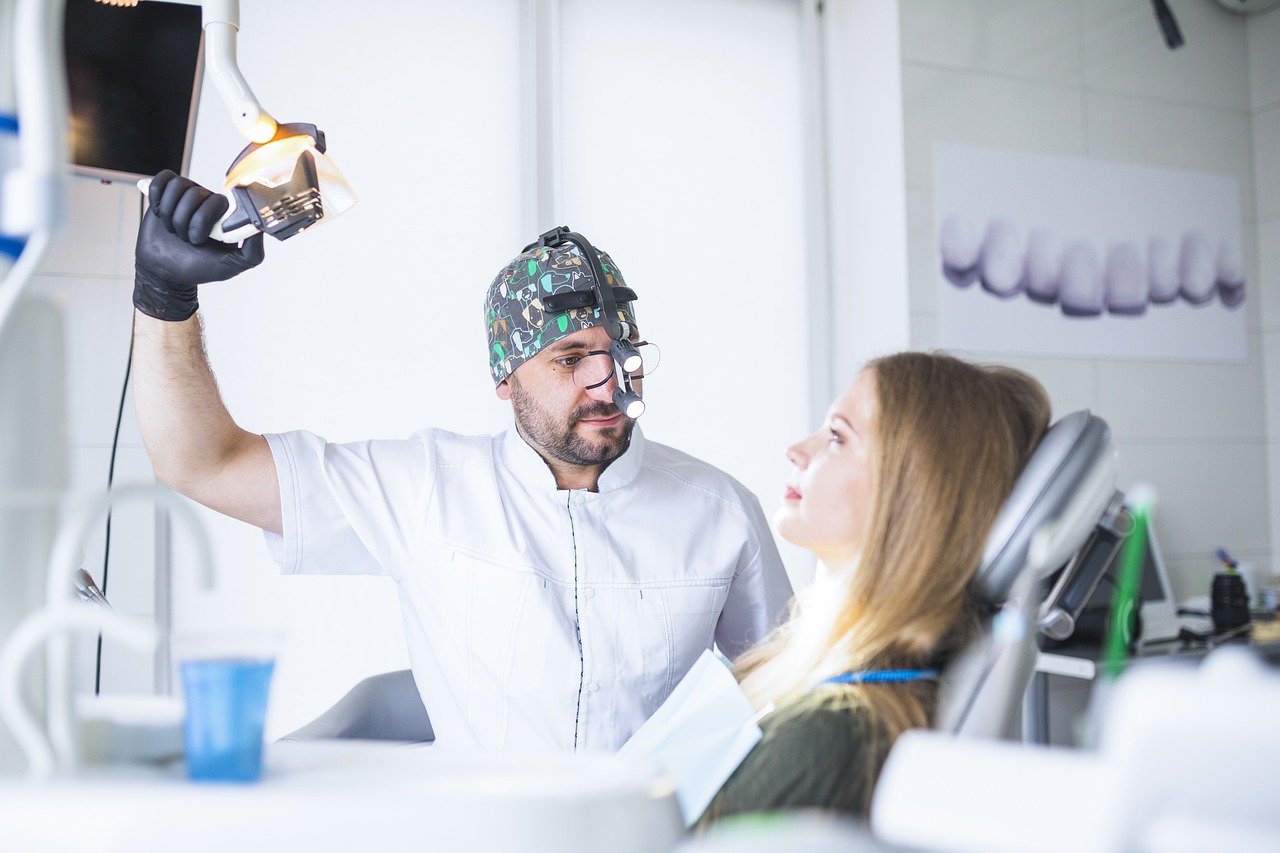-
Table of Contents
. Invest in your future, prioritize your health today.
Introduction
Preventive health focuses on proactive measures to maintain well-being and prevent the onset of diseases rather than solely treating existing illnesses. It emphasizes early detection, lifestyle modifications, and risk factor reduction to promote long-term health and vitality.
The Benefits of Mindfulness in Daily Life
In today’s fast-paced world, it’s easy to get caught up in the whirlwind of daily demands and neglect our well-being. We often prioritize immediate tasks and responsibilities, pushing aside the crucial aspect of preventive health. However, taking proactive steps to maintain our physical and mental health can have a profound impact on our overall quality of life. Mindfulness, a practice that involves paying attention to the present moment without judgment, offers a powerful tool for cultivating preventive health.
By incorporating mindfulness into our daily routines, we can develop a deeper awareness of our bodies and minds, allowing us to identify potential issues early on. Mindfulness encourages us to tune into our physical sensations, noticing any aches, pains, or discomfort that might signal an underlying health concern. This heightened awareness can prompt us to seek medical attention sooner rather than later, potentially preventing minor issues from escalating into major problems.
Furthermore, mindfulness has a significant impact on our mental well-being. Stress, anxiety, and depression are prevalent in modern society, and these emotional burdens can take a toll on our physical health. Mindfulness practices, such as meditation and deep breathing exercises, have been shown to reduce stress hormones, promote relaxation, and improve mood. By managing our emotional well-being, we create a more resilient foundation for physical health.
Moreover, mindfulness can positively influence our lifestyle choices. When we are present and aware, we are more likely to make conscious decisions that support our health. This includes choosing nutritious foods, engaging in regular physical activity, and getting adequate sleep. Mindfulness helps us break free from autopilot mode and cultivate a mindful relationship with our bodies and the choices we make.
The benefits of mindfulness extend beyond individual well-being. By fostering a sense of calm and clarity, mindfulness can improve our relationships, enhance our productivity, and contribute to a more harmonious society. When we are mindful, we are better able to listen attentively, communicate effectively, and respond compassionately to others.
In conclusion, preventive health is an essential investment in our overall well-being. Mindfulness, with its ability to cultivate awareness, reduce stress, and promote healthy choices, offers a valuable pathway to achieving optimal health. By integrating mindfulness into our daily lives, we can empower ourselves to take charge of our well-being and create a healthier, more fulfilling future.
Q&A
1. **What is preventive health?**
Taking proactive steps to maintain health and well-being and reduce the risk of developing diseases.
2. **Why is preventive health important?**
It can help individuals live longer, healthier lives by identifying and addressing potential health issues early on, reducing the need for expensive and invasive treatments in the future.
3. **What are some examples of preventive health practices?**
Regular exercise, a balanced diet, adequate sleep, screenings and vaccinations, and avoiding tobacco and excessive alcohol consumption.
Conclusion
Preventive health measures are essential for maintaining overall well-being and reducing the risk of developing chronic diseases. By prioritizing regular checkups, healthy lifestyle choices, and early detection, individuals can significantly improve their health outcomes, enhance their quality of life, and reduce healthcare costs in the long run.



